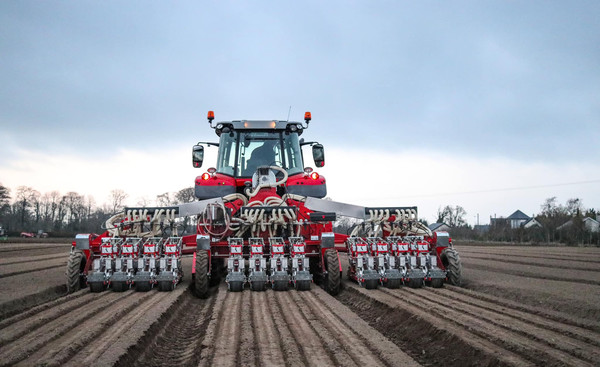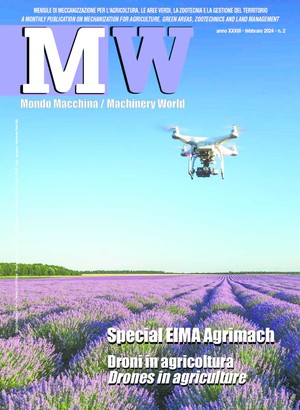
Digital technologies for sustainable agriculture
Investing in technology and innovation is the only possible way to produce enough quality food while respecting the environment. This goal requires political commitment and a strong CAP. These are the conclusions of the annual Cema summit dedicated to the near future of the EU primary sector
Thirty speakers, five interactive sessions, five hundred participants: these are the figures of the first virtual summit of Cema - the body that groups European agricultural machinery manufacturers - held on 14 April.
"Seeding the future of sustainable farming" was the title of the meeting and "advanced agricultural machinery to realise the European Green Deal" was its leitmotif to assess how the European Union can encourage the adoption of technologies to achieve a more digital and greener agriculture for producers of all sectors and sizes.
The proceedings, which included several opportunities for discussion between representatives of the European Union, young farmers, companies from the agro-mechanical and fertiliser sectors and trade associations, opened with a morning plenary session. After introductory speeches by European Commission Vice-President Frans Timmermans and Cema President Thierry Krier, two different panels followed. The first panel discussed how advanced agricultural machinery, precision farming and digital solutions can support innovative agriculture and help farmers to adopt a more sustainable agriculture. The second looked at whether fragmentation or sharing should prevail in national strategic plans, whether eco-schemes will accelerate investments in advanced technologies and whether the new CAP will preserve the resilience of European agriculture.
The plenary session was followed in the afternoon by an Economic Forum focused on the impact and adaptation of EU agriculture in the times of Covid-19 and immediately after by a Technical Forum. In two different sessions, the latter discussed new technologies for a connected and smarter agriculture.
Digital tools, modern agricultural machinery, farm data management systems and robotic solutions were seen as the engines that will enable European agriculture to meet the double challenge of producing sufficient quality food while protecting nature and safeguarding biodiversity.
For Cema President Krier, "with the ambitious goals of the Green Deal on the not-so-distant horizon, supporting farmers in adopting digital and precision farming technologies is a key priority for the agricultural sector in general and for society as a whole. EU policies need to take into account the realities of today's agri-food sector in order to develop appropriate measures and tailored support initiatives to promote more sustainable practices".
Presentations from the day are available on the Cema website - www.cema-agri.org - and a recording of the entire event will be available shortly.








